On November 16, the Quality Brands Protection Committee of China Association of Enterprises with Foreign Investment (QBPC) and the Rizhao People’s Procuratorate held a seminar on legislative and practical mechanisms of the criminal–civil procedure articulation in intellectual property (IP) in Rizhao. More than 40 representatives attended both onsite and online.
The seminar included two panels, namely the legislative challenges as well as practical challenges related to IP criminal-civil procedure articulation.
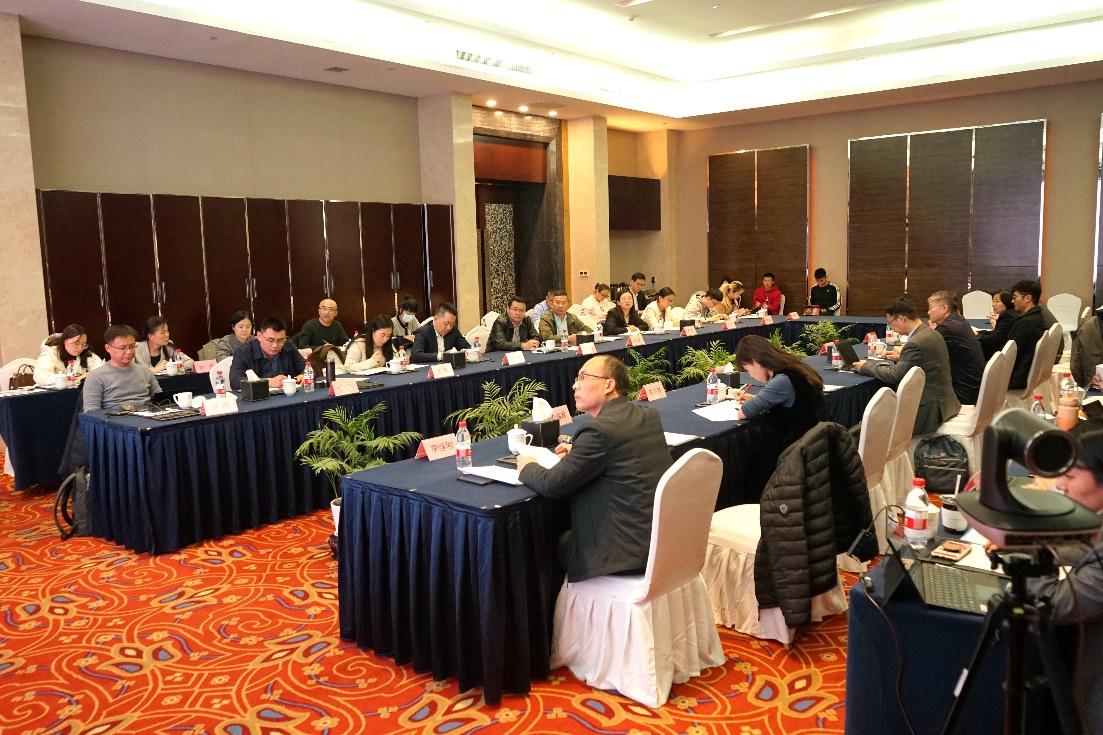
WANG Qian, Professor from East China University of Political Science and Law, observed a “Criminal-Civil Procedure Disconnection” in the current copyright protection. He proposed the fundamental principle of “Criminal-Civil Procedure Connection”, namely the criminal liability for copyright infringement under the Criminal Law should be considered based on the definition of relevant terms in the Copyright law. Only acts constituting criminal offenses under the Copyright Law could be prosecuted under the provisions of the Criminal Law. The constitutive elements of criminal acts of copyright infringement should be the same as those stipulated by the Copyright Law.
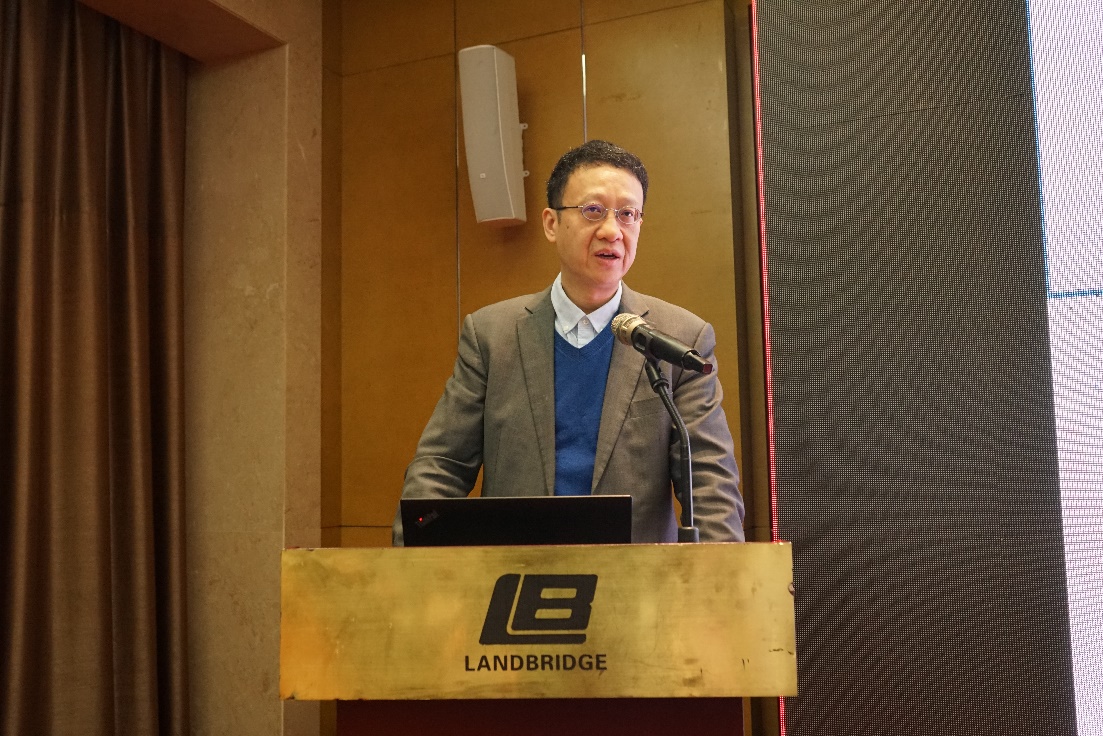
WANG Qian
WANG Sheng, Prosecutor from Shanghai Qingpu District People’s Procuratorate, had been studying the regulation of criminal law over the infringement through copycating well-known trademarks. Citing a typical case as an example, he elaborated on the principles and methods of determining “Same Trademarks” in Article 213 of the Criminal Law on the crime of counterfeiting registered trademarks by analyzing criminal judicial interpretations in the past years, which aroused great resonance among the attendees.
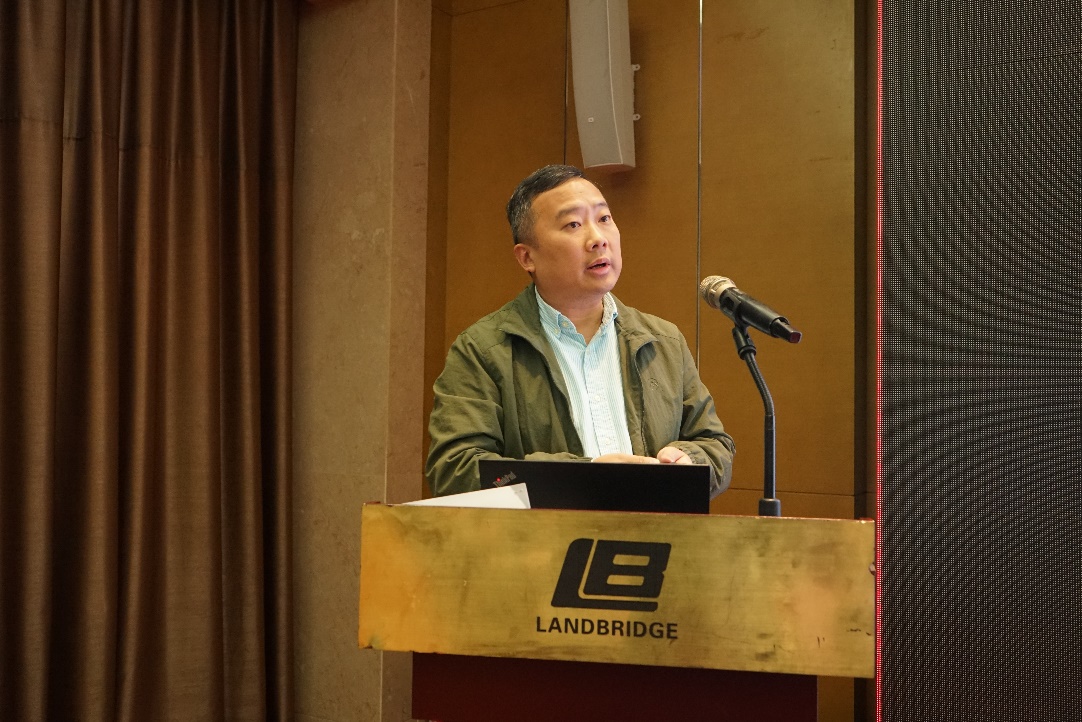
WANG Sheng
Ken Chen, Legal Committee Vice Chair, provided his unique perspectives on criminal and civil IP protection on the internet and relevant cases. He delivered a detailed summary of the high-profile case, in which one of the highlights was the triggering of civil litigation procedure prior to the criminal one. He stated that in order to maximize IP protection, it was vital to maintain closer collaboration with law enforcement agencies while developing distinctive and precise protection solutions.
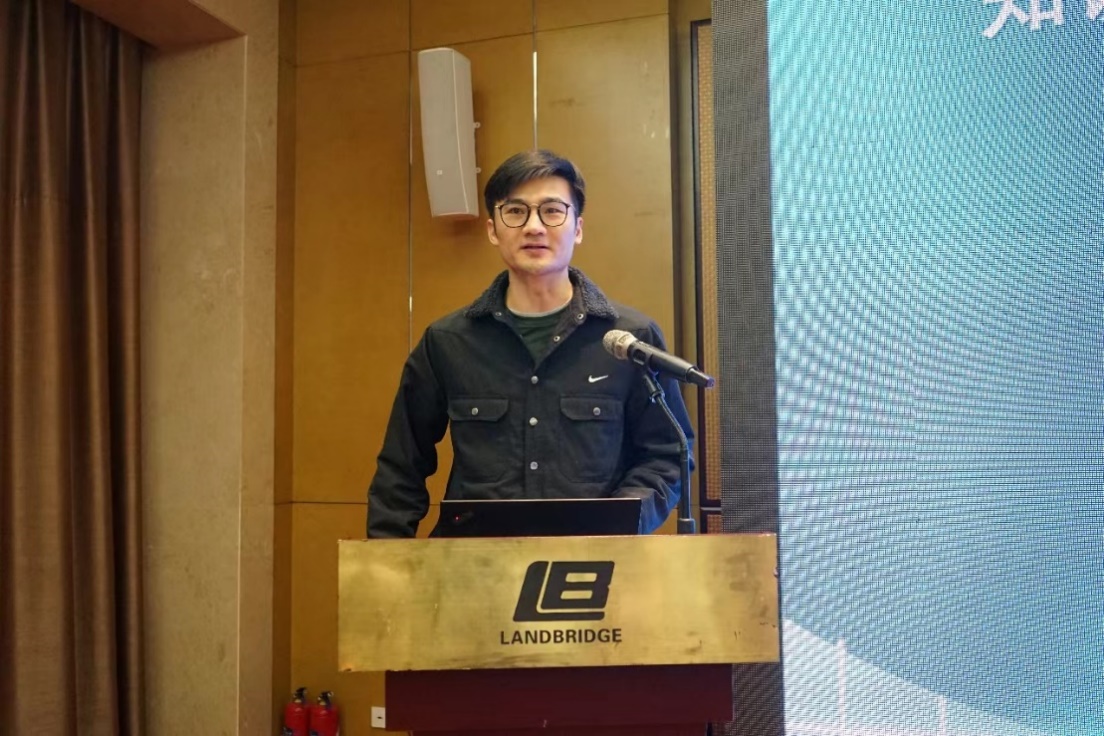
Ken Chen
Liu Yingshuang, Professor of Shanghai University Law School, provided an in-depth analysis on issues related to data ownership. First, she pointed out that the concept of data ownership highlighted the fundamental rights of data owners. The most significant core right was the “right to provide or share” the controlled data. Then, she went into the specific connotation of data ownership and its significance. Finally, she indicated that data ownership might effectively reconcile a wide range of potential conflicts of interest between data originators and data owners, data originators and data users, and data owners and data users.
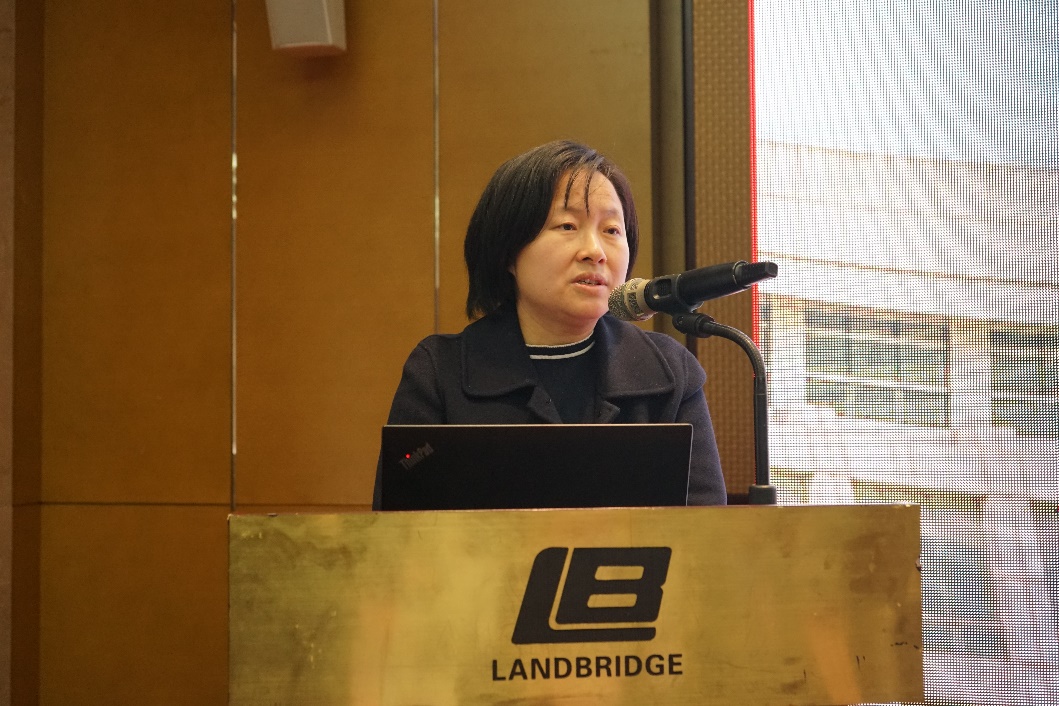
Liu Yingshuang
Ye Yunbao, Doctor of East China University of Political Science and Law, presented his thoughts on the topic of “Deep Thinking and Path Bridging on the Application of Trademark Criminal-Civil Procedure Articulation”. In terms of physical application, the determination of trademark criminal offenses must be based on the determination of trademark infringement, with an emphasis on trademark right as private right. In terms of procedural application, the common judicial practice of criminal procedure before civil procedure had generated obstacles for civil remedies. Therefore criminal-civil procedure articulation should be promoted by exploring the application of criminal reconciliation procedures, civil litigation incidental to criminal litigation, and “simultaneous civil and criminal procedures” model in “three in one” adjudication mode.
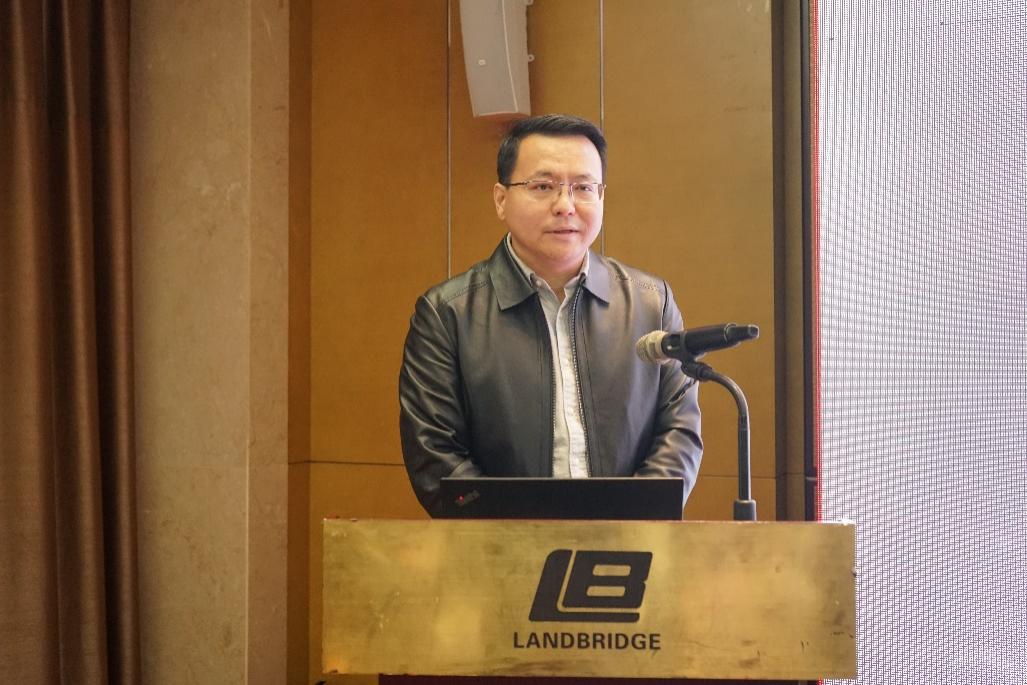
Ye Yunbao
ZENG Tao, Doctor of the East China University of Politics and Law Intellectual Property School, analyzed the criminal and civil procedure articulation concerning well-known trademark. He initially explained the necessity of horizontal protection on well-known trademarks. Then, he elaborated on the challenges in criminal protection of well-known trademarks. Finally, he proposed the issues that should be urgently addressed.
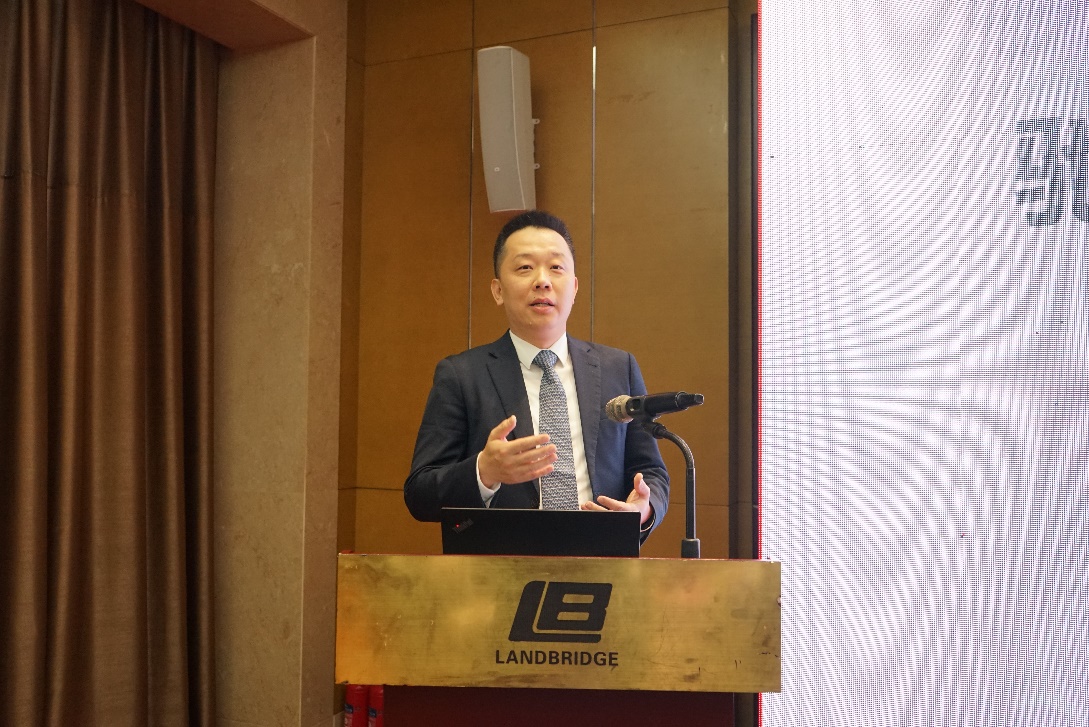
ZENG Tao
Lu Haijun, Professor of School of Law of University of International Business and Economics, discussed the connection between criminal and civil legal systems in the field of copyright protection. First, Lu highlighted the problems caused by the lack of articulation of the two systems and the corresponding solutions. Second, he explained the basic concepts involved in copyright law in a simple and easy-to-understand manner, including reproduction and distribution, and extensive dissemination to the public through the internet. Finally, through civil and criminal classifications of some new types of acts in copyright use, he elaborated on the criminal nature and legal responsibilities of the production and sale of game plug-ins, the provision of deep-linking services, and the provision of technological measures to circumvent copyright monitoring.
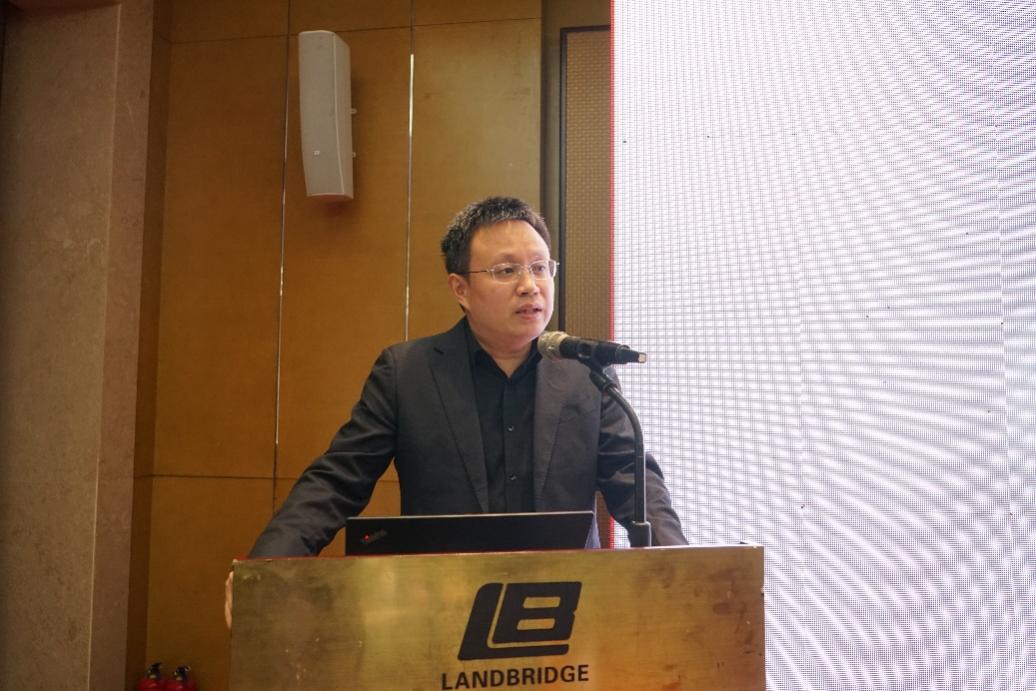
Lu Haijun
Local court and procuratorate practitioners, experts and scholars and representatives of right holders shared their experiences on the above topics, which greatly benefited the attendees. At the end of seminar, attendees participated in a session on actual practices.
